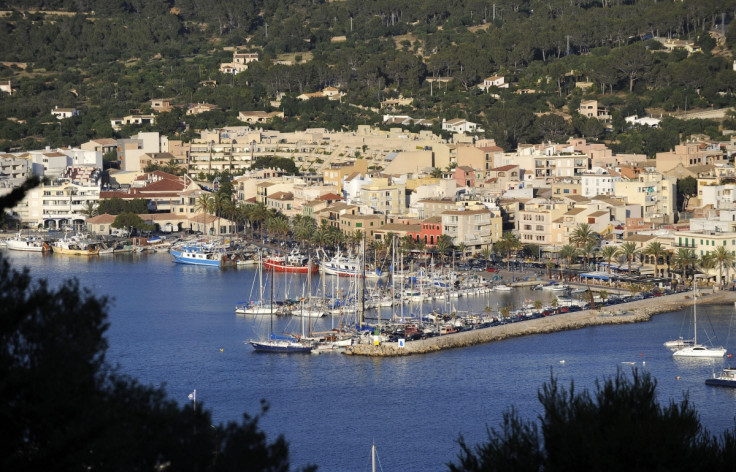UK Foreign Office warns travellers against street crime, other scams in Spain
Several street crimes are common in Spain, with tourists often becoming easy targets.

The UK Foreign Office has issued new travel updates for people who are planning to head to Spain during the ongoing summer.
The Foreign, Commonwealth and Development Office (FCDO) has made British citizens aware of an important change if they become the target of a crime when visiting Spain.
How to report a crime in Spain?
With the school summer holidays just around the corner, so many British travellers are expected to vacation in popular destinations in Spain, including Mallorca, Ibiza, and Barcelona. In their latest press release, the FCDO has issued new guidance on reporting a crime in Spain.
Spain closed their dedicated English-speaking police hotline last month and now tourists are instead encouraged to go to their nearest police station if they need to report a crime, according to FCDO's latest guidance. The emergency number for ambulances, fire and police in Spain is 112.
Notably, some Spanish cities have a Foreign Tourist Assistance Service (Servicio de Atención al Turista Extranjero or SATE) run by the Town Hall and National Police, where a tourist will be able to report a crime in English.
The Foreign Office has also noted that any violent crime or sexual assault must be reported in person at a police station, while less severe crimes can be reported online. One must also know that if they have their belongings stolen while on holiday abroad, they must keep the police report for insurance purposes.
Be aware of these street crimes in Spain
The FCDO has also urged its people to be on alert against some particularly active forms of street crime. These include distraction thefts, "highway pirates" who stop foreign-registered and rental cars and fake cops who ask for a person's wallet instead of their travel documents.
If a British tourist loses their passport, they will need to apply for an emergency travel document from the nearest British Consulate and to apply for a replacement passport when they return to the UK.
The FCDO has also advised travellers to contact their travel provider and insurer if they are involved in a serious incident or emergency abroad for any possible help that they can receive to get out of the situation as quickly as possible.
No covid restrictions in Spain
Last week, the FCDO informed UK travellers that it is no longer mandatory to wear face masks in healthcare centres and pharmacies in Spain as the country had removed all the last remaining Covid-19 regulations on foreign visitors.
"The Spanish government has declared an end to the health crisis caused by the Covid-19 pandemic and has lifted all compulsory requirements to wear face coverings," the FCDO wrote in a travel advisory.
The UK Foreign Office also confirmed there were no Covid-19 testing or vaccination requirements for travellers entering Spain. But it also urged people to be alert for any last-minute change as countries may restrict travel or bring in new rules at short notice.
Even if a traveller showed symptoms or tested positive for Covid during a stay in Spain, they would no longer be required to self-isolate. Since 2020 Spain had registered 14 million cases and 122,000 deaths from the coronavirus disease.
In order to combat over-tourism, Spain has been enforcing several new strict rules this summer, and tourists heading to the country must be aware of them. Spain is among the popular destinations for people from the UK, receiving an estimated 16.5 million UK visitors last year alone.
Across Spain, it is forbidden to drink alcohol in the streets with fines under £427 (€500) for minors and £513 (€600) for those aged 18 and over. Even though these rules may differ between cities, it is strongly recommended for tourists not to drink alcohol in public areas outside restaurants and pubs.
Meanwhile, in Mallorca and other resort towns, people can no longer buy alcohol between 9:30 pm and 8 am, with much of Spain barring purchases after 10 pm.
© Copyright IBTimes 2025. All rights reserved.






















